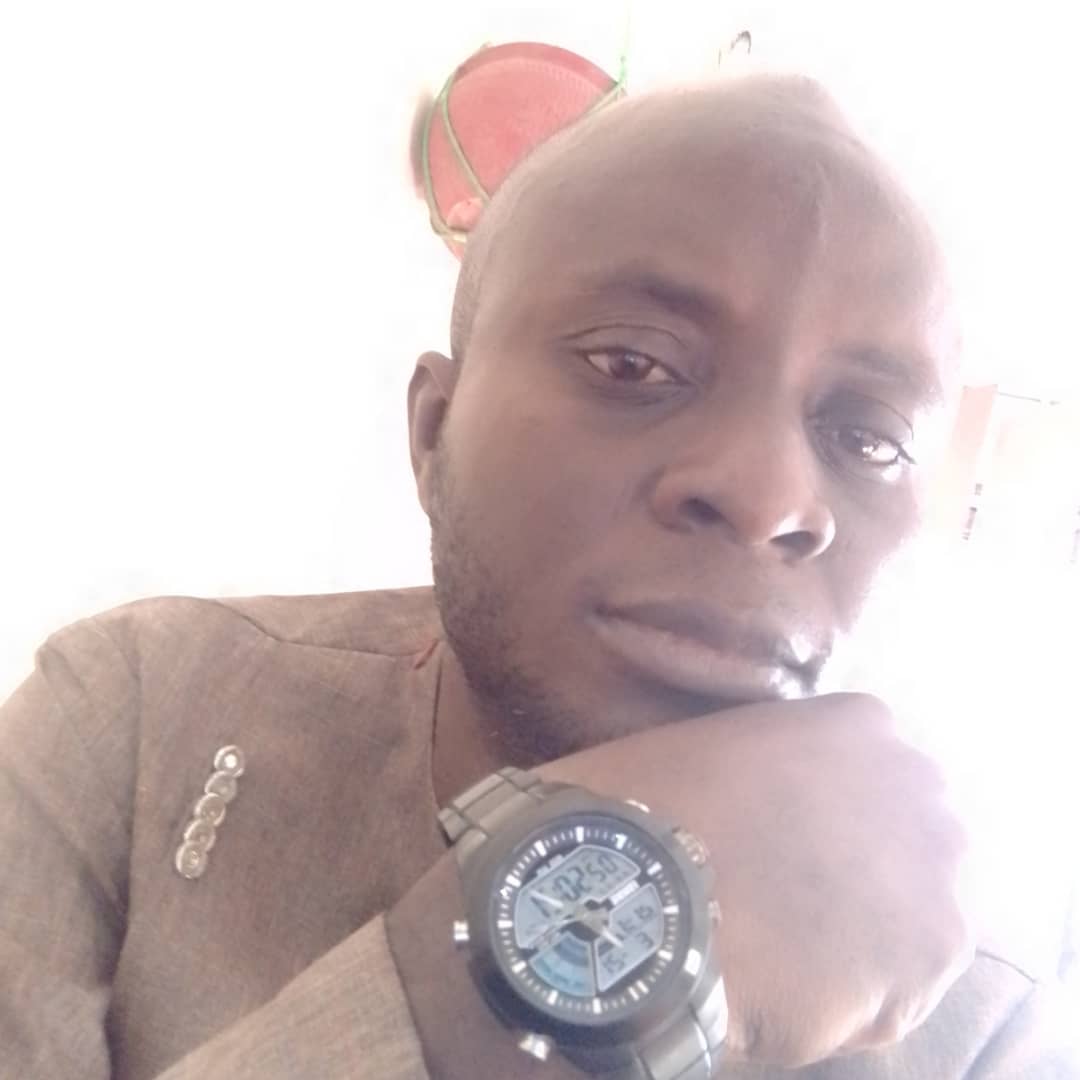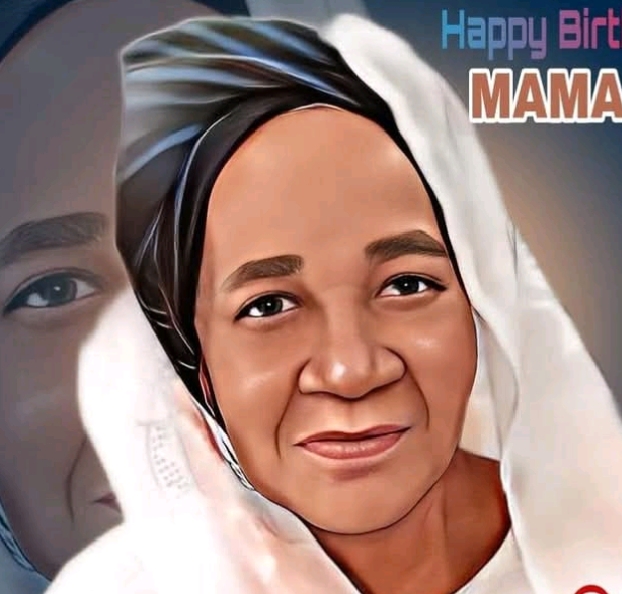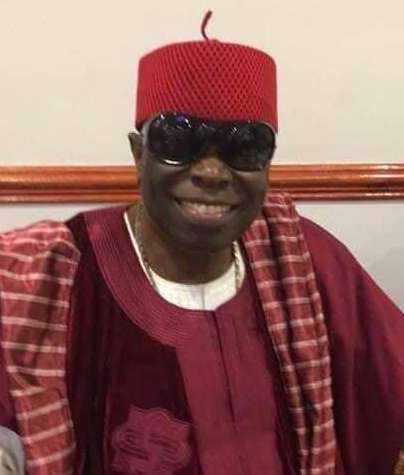Cost of Governance: The East Africa Model Tinubu Must Hug. By Olushola Omogbehin

Cost of Governance: The East Africa Model Tinubu Must Hug

Leadership, being the generally accepted trouble with Nigeria, the November 2023 cabinet retreat of President Bola Ahmed Tinubu, was the right way to kick starts an administration that is expected to put abrupt end to the multi faceted crisis maligning our dear Nigeria. Expectedly, as leadership crisis in Nigeria is not the absence of leadership education but its application, it is chief among other things therefore, to put into perspective, the preying mantis that is building the castle of awful leadership failure inherent in the land using the examples of Zambia and Malawi, so that Tinubu and his cabinet members would have the ability to avoid such pitfalls should their intension be genuine.
As the origin of leadership predates human existence, etymological research shows that the word ‘lead’ has its root word in pre-literate Anglo-Saxon culture while leadership evolved along with the emergence of the idea of representative government, which is a form of government where elected officials will represent and act on behalf of the citizen of a distinct community or a nation. It means that the elected officials chosen by the people (voters) will lead the government base on the concern and opinion of the citizens.

The concept of representative government as describes above, basically makes the citizen integral part of decision making process and does not rate the leader above the led or accord him the power of lone decision contrary to what we have in Nigeria where leadership sees itself better than followership. This leadership missing link has given rise to a great misfortune whereby elected representatives in Nigeria see themselves better than the electorates and thus deserve Almighty treatment. It is in this guise that they commandeer public funds to themselves, to ant, snake and maggot in the name of keeping it for their unborn children instead of using it for the public interest it was meant for. As already seen, this leadership impasse is beginning to raise its ugly head in this young administration, hence the need to address it before it festers further into anarchy. The question therefore becomes, who should be the priority of leadership in Nigeria and by extension, the administration of President Bola Ahmed Tinubu?
Leadership Priority
As pointed out above, democracy is a representative government in which elected officials represent, lead and act on behalf of the citizens. This by analysis confers on the electorate or citizen of a nation an integral part of decision making process and not the sole responsibility of leaders to dictate to the public as we have in Nigeria.

Bringing us therefore to the question of what should constitute the priority of a leader: the occupation of office that gives honorific or about service and the privilege to serve? Prof Patrick Lumumba, an Eminent African scholar, an eloquent Pan Africanist and a Kenyan anti-colonial activist, believes that history has the best answer to these questions by taking us to the era before Africa was rudely disrupted by the erstwhile colonizers who without invitation invaded our land and the centre of African system of things could no longer remain the same.
According to him, traditional leaders governed Africa for the benefit of Africans prior the arrival of postcolonial black leaders who Frantz Fanon said stepped into the shoes of their former slave masters without any form of preparation. It was an era of communal efforts where leaders saw community service as a privilege to work and gain everything for their community with no personal gain attached save their names written in Gold.
As leadership by example has been historically adjudged as the best way to lead, what should be the general culture of every leader is to make governance an envious endeavour in the area of pro masses’ performance and not pro leadership. It means that a leader should by character, models societal behaviour and actively demonstrates the excellence he wants to see in others. It also entails putting your subject welfare ahead of yours and leading with human face by becoming a servant to your employer (electorate) by making their happiness your priority. It is the duty of a leader to create a peaceful environment where the interest of the masses is maximally catered for with good security system and sustainable source of living. Tinubu should learn that leadership is neither about his satisfaction nor the satisfaction of his cabinet members alone but basically for Nigerians. The earlier he learnt this, the better for his administration. An environment similar to this as we shall soon remind ourselves, occurred in Nigeria’s Second Republic where some God given leaders served without using government money to build estates and buying of luxurious cars but on the establishment of companies that created job opportunities for their subjects.
Cutting Cost of Governance
Emanating from the unnecessary priority Nigerian leaders placed on themselves above the masses, is the attendant profligate spending of public funds on themselves which is the major problem with Nigeria that President Tinubu must quickly address. He must quickly take Nigeria to Malawi and Zambia in this direction and put deliberate policies in place that will reduce to barest minimum, the cost of governance. As change of government in Africa isn’t synonymous with change of policy, the government of Zambia has for many years brought about a radical shift from the status quo of self centeredness among African leaders where they use the resources of their country to perpetrate their extravagant lifestyle through excessive allowances, thereby leading to the mindless corruption associated with governance across the continent.
In 2019, in order to alleviate the anger of the citizens after a sudden increase in the prices of fuel and electricity, the former President of Zambia, Edgar Lungu took a tough decision and cut his salary into two (50%) because according to him, leaders must make sacrifices in order to revamp the ailing economy of the country. He did not stop there but went further to demand 20% pay cut from his cabinet members, all in order to meet the debt obligations of his government. Though this was not constitutional but like the situation in Nigeria, this decision was based on the fact that cabinet ministers and other top government officials were overpaid. After defeating Edgar Lungu in 2021 by more than one million votes, President Hakainde Hichilema immediately embarked on salary strike in order to enhance what he called “the urgent task of fixing Zambia and its people.” Hear him: “let’s focus on working for the people of Zambia. It is service to the people and not self-service.” He also nipped so many obnoxious policies of government meant to idolize leaders in the bud.
Similarly, as part of the strict measures to revive the economy of Malawi, President Lazarus Chakwera has banned foreign trip for all public officials including himself till March 2024 and cutting of 50% fuel entitlements for cabinet ministers and senior government officials. These two examples exemplify the understanding of these leaders on the rudiments of leadership vis-à-vis the urgent need of restoring their countries back to glory.
Contrary to the laudable policies put in place by these East African nations in order to improve the lot of their citizens, the reverse has so far been the case since the emergence of President Bola Tinubu. Building on the severe punishment Nigerians suffered in the administration of his predecessor, Tinubu administration has so far proven the direct opposite of Zambia and Malawi’s policies despite the fact that Nigeria is in a more precarious situation than the two countries put together. Shall we address some of them?
In the wake of this administration which inherited weakened economy with falling per capital income, double digit inflation, dreadful and miserable social services, hunger on the faces of Nigerians and the current hike in the pump price of petrol, our dear senators started smiling to their banks because “prayers were sent to their mail boxes” so as to enjoy their recess at a time they were supposed to be working so as to find lasting solution to the bad economy that was seriously biting on Nigerians.
Not long after senatorial prayers, came the purchase of luxury vehicles for federal lawmakers. Coming at a time when many families could barely afford three square meal per day with road and hospital collapsing every day, the purchase of the SUVs which swallowed about N57.6 billion, was one of the many indifferent and insensitive decisions of this government to the plight of Nigerians.
Adding to the insult of the purchase of the 2023 model of Toyota Land cruiser was the shameful justification of the act by Chairman, Committee on Senate services, Sunday Karimi, that a minister in Nigeria has more than three land cruisers, Prado and other vehicles in his convoy. He also shamefacedly referred to bad road as the reason for the lawmakers to have road worthy car which of course lampoons government inability to fixing our road over the last 24 years of unbroken democracy. Do Sunday Karimi and his cohorts see themselves better than their constituents that have no access to a land cruiser to cruise bad road?
In one of the recent speeches of President Tinubu, he emphasized on the need for his cabinet members to prioritize what he called “home grown achievement” and yet our senators could not hide their choice for imported SUVs to our locally manufactured ones which will automatically boost local production. Tinubu should know that presidential statement must always be backed up with appropriate policies in order to get things right such as we see in Zambia and Malawi above, which all received documented policies that can today be referred. With Tinubu’s “home grown achievement”, one expect a follow-up policy that will restrict foreign patronage such as placing travel ban on his cabinet members like his Malawian counterpart.
Other loathsome policies in this nascent administration include the purported purchase of presidential yacht which was to gulp about N5 billion tax payers’ money, proposed N15 billion by the Minister of the FCT, Nyesom Wike for the construction of a befitting residence for the Vice President, Mr Kashim Shettima, a proposed N6.2bn to be spent on state house operational vehicles, N5.84bn to be spent on meals for all MDA’s, N20.52bn to be spent on Presidential Air Fleet while N7.5bn has been earmarked for foreign trip for the President and vice president whereas Tinubu’s counterparts in Malawi placed ban on oversea trip so as to use the money on Malawi economy. As if not enough, a whooping sum of N319.28bn has been set aside in the budget for all FG, MDA’s and Presidency to be spent on publicity, Welfare, medical and miscellaneous.
To further add salt to the injury of Nigerians in the face of the embolden failure of the federal government to providing palliative to Nigerians at least to alleviate the suffering in the land, the Senate President who is the number three man in the land, in the name of birthday, insensitively exhibited wastefulness that suggests the mockery of Nigeria situation and the plight of Nigerians who are being forced to survive through their noses. Was the birthday necessary? What is the significance of 61st birthday that Akpabio can’t stand the test of leadership and wait for a better time when the crisis of hunger would have subsided in the land? Now, what was it like in our second republic?
Lesson from Second Republic
The second Nigerian republic was one of the finest republics Nigeria has produced because of the industrious leaders, diligent and leaders with humility and shrewd management of human and material resources it was blessed with. It was a republic where leaders lived a spartan and disciplined life and used public funds for what it was meant for. It was a republic whose abrupt termination has been seen as the period the current rain of misrule and corruption started beating Nigeria because of the embedded difficulty of replicating some of the fine leaders of the republic in the subsequent republics.
One of the finest leaders of the republic who has become a subject of study was the late Alhaji Balarabe Musa who believed that the strength of leaders in a federation is as important as the constitutional structures. Tagged as the poorest ex-governor because of his modest lifestyle, he was not bothered because according to him, it is better to be called a poor man than being labeled as the biggest thief. After he left office, Adekunle Ajasin has this to say: “I came into office in October 1979 with a set of my own rich native dresses and left in December 1983 with same set of dresses; no addition and no subtraction. I had two personal cars at the time I assumed office but left without any: one had ended its serviceable lifespan with its use for the shadow elections in 1982, while the other was borrowed by a political associate with whom it ended up its lifespan.”
The frugality with which these leaders handled state resources was evidenced in their ability to establishing industries such as Oluwa Glass Plc, Ajaokuta Steel Mill Company, Dunlop Nigeria Plc, Okitipupa Oil Palm Plc, Textile Mills and others that provided job opportunities for their subjects. Subsequently, the severity of misrule grounded the effort of the republic instead of building on it. Such failure has since remained with us with everyday depletion of our common patrimony because of the absence of leader that would lead by example. Many of these companies are moribund today without the ability of any leader to revamp them after many years of both military and democratic rules. The exit of these companies has created untold hardship to Nigerians ranging from joblessness, increase rate of corruption, mismanagement, abuse of power and more.
President Tinubu should endeavour to take Nigeria back to the industrialised second republic by ensuring that these corporations come alive again and function to capacity. He should lead his team, ranging from himself to state governors, senators and other leaders to live a spartan and discipline life that lived Adekunle Ajasin, Balarabe Musa and other so as to be able to achieve the great objective of restoring these companies. He must also embrace lean and efficient governance that will give birth to another second republic.
Home Grown Achievement
Having tasked his ministers to embrace home grown achievement (whatever it may mean), President Tinubu should play less of politics in power and pay priority attention to reviving Nigeria’s economy. To do this successfully, the moribund industries such as listed above should be revived to give job to Nigerians. If Tinubu must pursue his home grown achievement, the many cottage industries that could not function again due to hash economic condition brought about by the aftermath of COVI-19 and the maladministration of the last regime should be helped to stand again.
He should endeavour to nip in the bud, the politics behind the revitalization of our four refineries which have over some decades remained moribund but yet running loses by dishing out billions of naira for maintenance contracts. According to the Observatory Economic Complexity, Nigeria in 2021 for instance, spent about $11.3 billion to import refined petroleum product and in 2022, this rose to $23.3 billion. He must without delay expedite action on his promise of giving a face-lift to Port Harcourt refinery so it can restart local refinery of petroleum product. He must also ensure that local refiners are adequately supplied the 445,000bpd suggested by analysts which would definitely assist in solving the problem of self sufficiency in refining as it currently exists at the downstream sector and also strive to making Nigeria sub-Saharan Africa’s refining hub. To achieve the above and other lofty objectives however, President Tinubu must learn from the leadership of the mother hen and duck should his intensions towards Nigeria be genuine and lead from every side.
A duck provides maximum security for its duckling by allowing them to go ahead of him in every outing and watch them from behind so as to be able to contend with any predator while the mother hen goes ahead of its chicks to look for what they will eat. Upon finding one, mother hen breaks it into pieces for its chicks to enjoy. These two birds deny themselves from every form of enjoyment until their ducklings and chicks are satisfied. He should be intentional in cutting cost of governance because that is the pit that swallows our resources.
The statement by his wife, Sen. Oluremi Tinubu that “God has blessed my family, we don’t need the wealth of Nigeria to survive” should put Tinubu in an advantage position to go the way of Zambia to announce the forfeiture of his salary for the sake of Nigerians and the way of Malawi to putting a ban on unnecessary foreign trip among public office holders. He does not lose anything declaring publicly the forfeiture of his salary but rather gains more because many public officials would emulate him to do same and thus helping the economy of our dear Nigeria.
Cutting the cost of governance was the major reason the second republic was able to build and run many industries which subsequent republics could not sustain. Tinubu should know that no leader becomes famous by what he does to himself or through acquisition of material asset but rather what he does to others and the development of human asset. He should know that he has nothing to lose by setting Nigeria and put her on a fast lane of development but rather, everything to gain because having used many years to prepare for the job means he is well equipped than any of his predecessors who often emerged unprepared.
Yes, the President was right in his 2024 maiden speech that the job of building a prosperous nation is not the duty of the President alone but rather, the job of everybody. He must be reminded however, that it is his exclusive preserve to set developmental agenda and lead the implementation process by making himself a copious example in such a rebuilding process. So, having narrowed down the agenda of his administration to 8-priority areas viz: national defense and internal security, job creation, micro economic stability, investment environment, optimisation, human capital development, poverty reduction and social security, he should do well to fulfill his promised of removing obstacles standing in the way of implementing these prioritized objectives and deleting outrightly, the clog hindering the part of Nigeria to becoming a destination of choice to local and foreign investment.
Olushola Omogbehin a Public affairs analysis writes from Abuja Nigeria. omogbehino@yahoo 08069220040.




